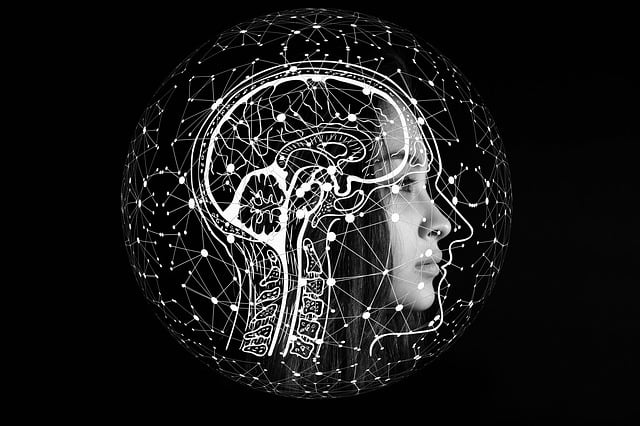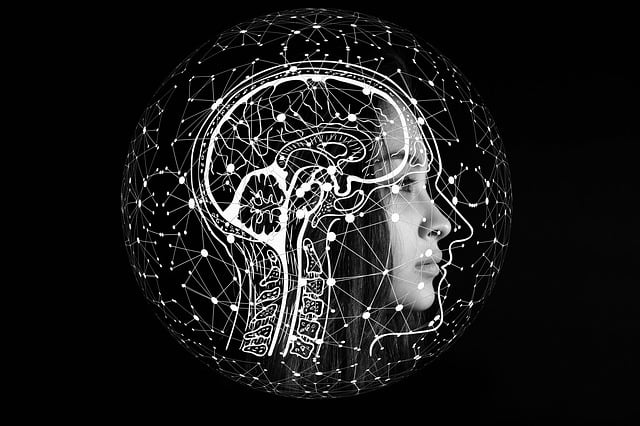-
Table of Contents
The Evolution of AI in Chess: A Game-Changer for Players

Artificial intelligence chess has revolutionized how players learn, strategize, and compete. From early rule-based systems to today’s neural networks, AI has transformed chess into a testing ground for cutting-edge technology. Whether you’re a beginner or an advanced player, understanding AI’s role can elevate your game.
Table of Contents
- The History of AI in Chess
- How Modern AI Plays Chess
- Human vs. AI: Key Battles
- Using AI as a Training Tool
- The Future of AI in Chess
The History of AI in Chess
Chess has long been a benchmark for artificial intelligence. Early attempts, like the 1950s Turing test, laid the groundwork. By 1997, IBM’s Deep Blue defeated Garry Kasparov, marking a historic milestone. Since then, artificial intelligence chess engines have grown exponentially smarter.
Key developments include:
- Rule-based systems (1950s-1980s): Programs relied on brute-force calculations.
- Machine learning (1990s-2010s): Engines like Stockfish used advanced algorithms.
- Neural networks (2017-present): Google’s AlphaZero learned chess from scratch.
How Modern AI Plays Chess
Today’s chess engines leverage deep learning and reinforcement learning. Unlike traditional programs, they evaluate positions intuitively. For example, AlphaZero analyzes millions of games to refine its strategy. This approach mimics human intuition but with superhuman precision.
Advantages of modern AI:
- Faster decision-making with minimal computational waste.
- Creative, unconventional moves that surprise human players.
- Adaptability to different playing styles.
Human vs. AI: Key Battles
Artificial intelligence chess engines have consistently outperformed human champions. In 2017, Stockfish lost to AlphaZero in a 100-game match. Meanwhile, Magnus Carlsen, the world champion, admits AI has reshaped his training. These battles highlight AI’s dominance.
Notable matches:
- Deep Blue vs. Kasparov (1997): First computer victory over a reigning champion.
- AlphaZero vs. Stockfish (2017): Neural network defeated the top engine.
- Leela Chess Zero vs. Humans (2020s): Crowdsourced AI challenges players worldwide.
Using AI as a Training Tool
Chess engines now serve as invaluable coaches. They provide instant feedback, suggest improvements, and simulate opponents. Many grandmasters, including Hikaru Nakamura, use AI to refine openings and endgames. Even amateurs can benefit from AI-powered analysis.
Tips for leveraging AI:
- Analyze your games with engines like Leela or Stockfish.
- Practice against adjustable difficulty levels.
- Study AI-generated opening repertoires.
The Future of AI in Chess
Artificial intelligence chess will continue evolving. Hybrid models combining neural networks and traditional search algorithms are emerging. Additionally, AI may help design new chess variants or solve long-standing puzzles. The synergy between humans and machines will define the next era.
Potential developments:
- AI-assisted tournament organization and anti-cheating measures.
- Personalized training programs based on player weaknesses.
- Integration with virtual and augmented reality platforms.
Conclusion
Artificial intelligence chess has reshaped the game in unprecedented ways. From historic matches to modern training tools, AI offers endless possibilities. By embracing these advancements, players at all levels can sharpen their skills. The future promises even more innovation, blending human creativity with machine precision.
For further reading, explore our articles on advanced chess strategies, AI in gaming, and how neural networks work. Additionally, check out these external resources: Chess.com, DeepMind, and Stockfish.



Leave a Reply